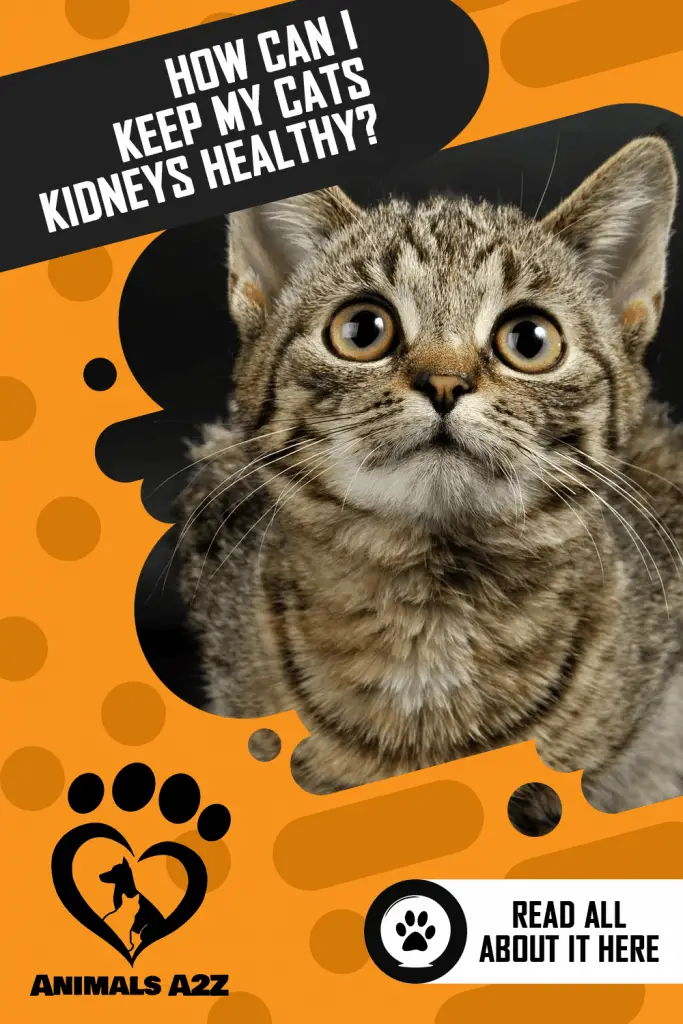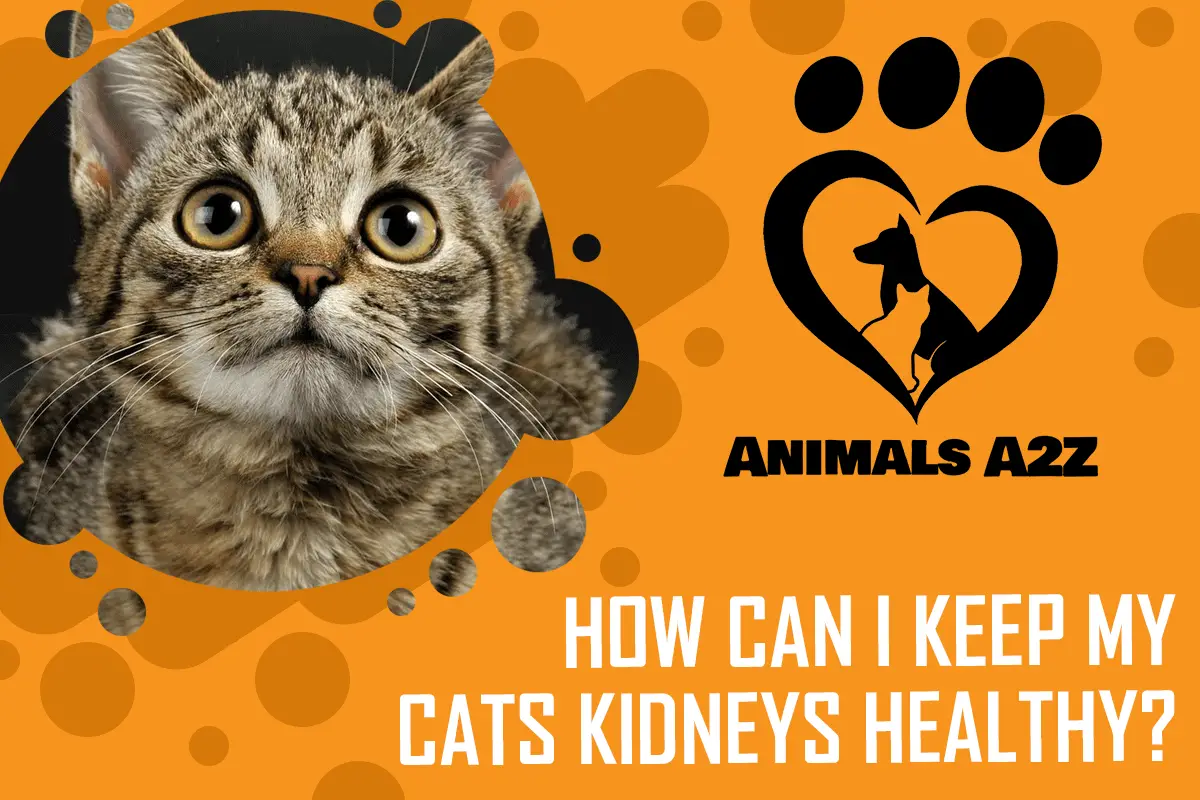Kidney disease is considered the leading cause of death in the feline population worldwide. It is one of the scariest diseases that cat parents may face. While a lot of cases are difficult to prevent since it’s unpredictable, knowing the possible risk factors, as well as early signs of kidney disease, are some of the most important ways in order to catch kidney disease early.
Table of Contents
Tips for Preventing Kidney Disease in Cats
There are still many things to learn about kidney disease including how it affects our cats. The most ideal way to beat this kind of disease is to fully understand the possible risk factors as well as taking the right steps towards preventing it. Kidney disease does not strike quickly. As a matter of fact, it is something that builds through time and once your cat develops this kind of disease, it can be treated to slow the progress, but never be totally cured. Cat parents, on the other hand, can prevent kidney disease by being fully aware of the preventable causes.
Preventable Causes in Feline Kidney Disease
Limiting the Exposure of Your Cat to Toxic Substances
- Strong antifreeze agents such as ethylene glycol should be used in your house since there are less-toxic versions available like propylene glycol.
- Veterinary and human medications must be completely monitored as well as kept out pets’ reach at all times. You should never give human medications to your cat without consulting your vet first.
- Do not put lilies inside your house since all portions of lilies are very toxic to your cat’s kidneys.
- Make sure to keep your feline friend indoors, since cats who roam outside are exposed to all kinds of outside elements out of your control.
Understanding Possible Genetic Connections
Persian and Abyssinian cats are thought to have a genetic predisposition in terms of developing kidney failure, so this is something that cat parents must be totally aware of.
Schedule Regular Appointments with Your Veterinarian
Genetics aside, the most important thing all cat owners should do to prevent their cat from developing kidney failure is to make sure that they are evaluated regularly by a professional veterinarian. Most vets suggest twice a year visit, especially for senior felines. Cases of kidney disease caught in an early stage as part of a cat’s wellness screening certainly have the chance for good long-term health since the intervention and proper treatment takes place early in the kidney disease process.
Knowing the Signs of Feline Kidney Disease
Learning more about the signs of kidney failure is also very important to the long-term health of your pet. Any changes in your cat’s water intake routine or trips to his litter box already warrant a visit to your vet, as does vomiting, bad breath, and weight loss. Aside from kidney disease, these are also symptoms in another common feline disease, diabetes. In both kidney disease and diabetes, early intervention can definitely lead to a longer life of your cat.
Kidney failure is considered as a challenging and scary disease for both cat and cat owner. Even though the challenges can be very daunting, cat owners must bear in mind that vigilance pays off. A lot of pets facing kidney failure have managed to live long past their diagnosis with the aid of a trusted vet and their loving parents.
[crp]
Common Questions About Preventing Kidney Disease in Cats
Can You Prevent Kidney Disease in Cats?
In order to prevent kidney failure in cats, make sure your feline friend gets moisture-rich, natural diet. This is because kidney stress is usually magnified by heavy dry foods as well as poor water quality. Having said that, you should give your cat proper nutrition so you can be able to prevent the worse from taking place.
Does Dry Food Cause Kidney Failure in Cats?
Wet food naturally contains more water content compared to dry food. Thus, wet food better stimulates what feline population would eat in their wildlife since small prey contains more moisture compared to dry foods. Moisture content is very important since prolonged dehydration could irritate the urinary tract of your cat and possibly result in kidney failure.
What Are the Signs of Kidney Failure in a Cat?
- These are the most common signs your cat’s kidneys might be failing:
- Drinking a lot of water
- Frequent urinating
- Decreased appetite and weight loss
- Bacterial infections of the kidney and bladder
- Cloudy or bloody urine, diarrhea, and vomiting
- Bad breath that has an ammonia-like odor
- Mouth ulcers especially on the tongue and gums
- A dry coat
- A tongue that’s brownish in color
- Constipation
- Indifference and weakness
Conclusion
The most important tip to prevention is to keep your eyes open. Make sure you talk with your vet so you understand the common signs of possible cat kidney failure. Kidney failure is a very challenging and scary disease for everyone involved. With a properly managed diet, a serene environment, plenty of fresh and clean air, as well as regular check-ups with your vet, you can definitely help your feline friend live his best life possible. Make sure to follow the tips we listed in this article to protect your cat and prevent him from developing kidney disease.


